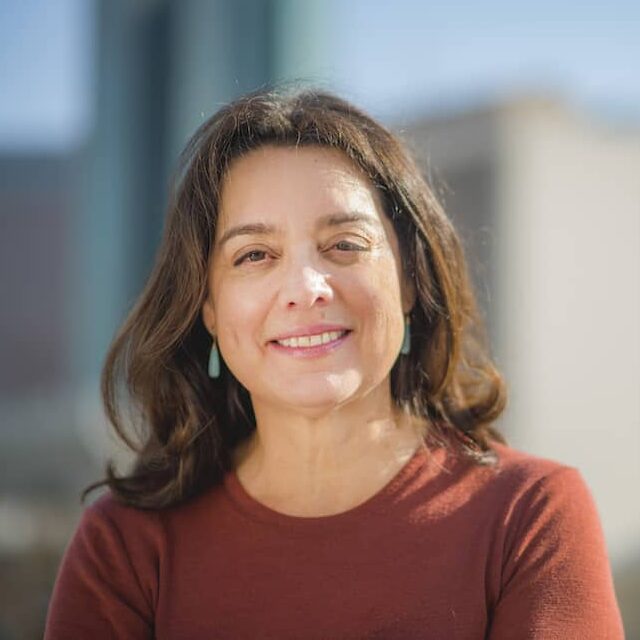We’re out with our latest local reporting collaboration and, while I’m proud of all of them, this one stands out because it builds upon some staggering national reporting done by our colleagues at KFF Health News over the last couple of years.
It also represents a slight, but significant change in the way COLab is trying to help newsrooms serve their communities. It’s our mission to bring Colorado newsrooms together to report the need-to-know stories that may be out of reach for a single news organization. Not for lack of desire or will. But for lack of money, staff, time. I have been talking to a lot of editors since the beginning of the year and, believe me, the heart is there, the body is exhausted.
But, first, the project, which is called Diagnosis: Debt Colorado. It takes KFF Health News senior correspondent Noam Levey’s incredible work to expose the pervasive and destructive nature of medical debt affecting tens of millions of Americans — and zooms in on Colorado. We’re talking about people who have been forced to cut back on food, dip into their retirement or raid their kids’ educational savings to try to pay off medical debt. People sued by hospitals. People with severe or chronic medical conditions who won’t go to the doctor or the ER because they can’t handle another medical bill. People who get turned away from care because they owe money to the doctor or dentist or hospital.
With guidance and support from COLab, Levey, and KFF Health News’ Mountain States Editor Matt Volz, reporters from KFF Health News, 9News, The Colorado Sun, Colorado Newsline, and The Sentinel have teamed up on stories of Coloradans struggling with medical debt, the state’s outsized racial disparities, the policies and practices that both help and harm, and more.
One thing, a good thing, was reported this week by Colorado Newsline’s Sara Wilson, who found that our state’s recent policy changes have put it at the forefront of states tackling the burden of medical debt.
But more work remains. 9News’ Chris Vanderveen and The Colorado Sun’s John Ingold last month reported that UCHealth, the state’s largest hospital system, a nonprofit, has quietly been suing thousands of patients a year with medical debt in a manner that allows it to keep its name off the lawsuits and, therefore, hidden from public or legislative scrutiny.
More stories will be coming over the next couple of months. The stories have and will be freely shared by this reporting team with COLab partner newsrooms so that they in turn can share with their communities. If you have had experience with medical debt, we’re also asking you to tell us your story. The more we know about its impact, the greater the impact on public understanding and policy solutions.
I mentioned earlier that this project represents a shift in how COLab is trying to encourage, support and grow collaborative journalism in Colorado. That effort, based upon lessons learned over the past few years, is taking place in multiple ways. None are easy. That’s just the reality. Successful collaboration is hard to pull off.
But Diagnosis: Debt Colorado for the first time brings a strong national partner to the table, one willing to share data, sources, and advice. In other words, that ever-precious commodity: time. And that eases the lift for local newsrooms, allowing more to participate and their communities to benefit from deeper reporting. It means that local reporters are able to learn from someone like Noam, who knows this subject inside and out. It also means that the bank of medical-debt stories KFF Health News is building grows more rich, more useful, more pertinent to a national audience. I think that’s called a win-win-win.
You can see all the stories together here, in English and Spanish. You can view these knowing that your investment in COLab makes this work possible. That’s not an overstatement. Collaboration doesn’t happen on its own. It needs a hub. And you’re helping to build it.




